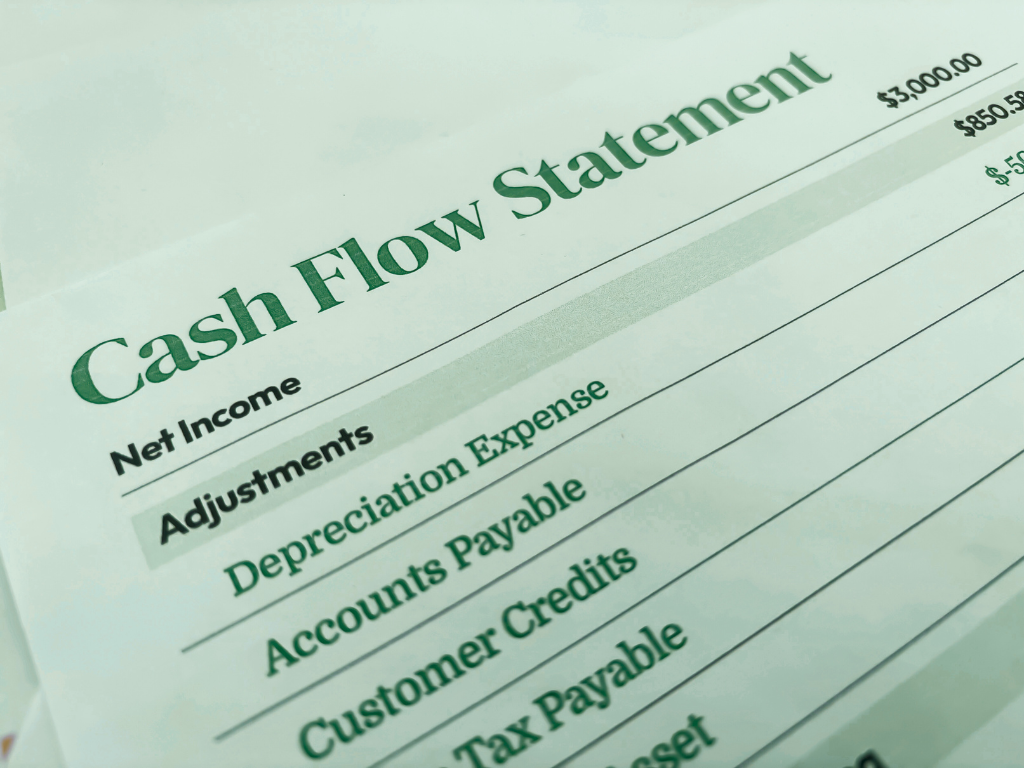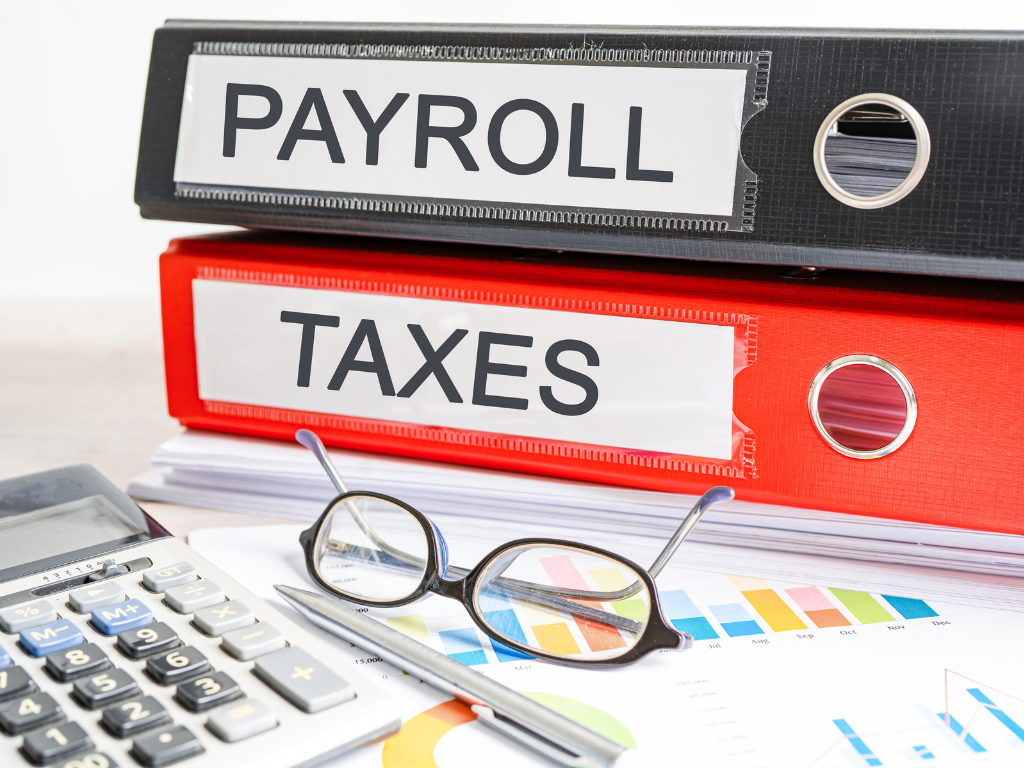In the construction industry, precision and structure are non-negotiable. That same discipline should extend to financial recordkeeping—yet many contractors underestimate the strategic importance of well-maintained records. Adequate recordkeeping is not simply an administrative task but a critical function supporting tax efficiency, audit preparedness, financial decision-making, and long-term compliance.
Why Disorganized Records Can Be Costly
Construction companies deal with big budgets, long timelines, and tight oversight. When your financial documents are scattered, missing, or unclear, it opens the door to problems that can snowball fast. Here’s what can happen:
- You lose out on tax deductions because there’s no paper trail
- Job costs get miscalculated, hurting your profit margins
- IRS or state audits take longer—and feel a lot more painful
- Payroll or contractor reporting errors lead to fines
- Loan or bonding applications get delayed or denied
These aren’t just technical problems. They can slow down your projects, damage your reputation, and even put your business at risk.
Common Trouble Spots
Construction’s fast-paced, hands-on nature makes it easy for financial recordkeeping to slip through the cracks. Here are a few of the most common issues we see:
- Blending personal and business spending, which muddies the waters for tax reporting
- Unorganized or inconsistent job costing, making it hard to track profits
- Receipts and invoices that get lost or go unrecorded
- Subcontractors not appropriately tracked, especially when it comes to W-9s or 1099s
- Payroll records that aren’t detailed enough to meet labor or insurance requirements
These aren’t just administrative hiccups—they’re gaps that can cost you real money.
Where an Accounting Firm Can Help
A good accountant who knows the construction world does more than balance your books. They bring structure to your finances and help ensure everything is documented, categorized, and ready when needed. Here’s what that looks like:
- Setting Up the Right Systems: They help choose and customize accounting software for construction—think job-costing, time tracking, and digital receipt tools. They also organize your chart of accounts so your reports make sense.
- Keeping Things on Track Monthly: Instead of scrambling at the year’s end, they review your books each month, catch errors early, and help you stay on top of cash flow and budget goals.
- Preparing for Audits and Reviews: Whether it’s an IRS audit, a bonding agent asking questions, or a workers’ comp review, your accountant helps ensure the paperwork is in order. That includes payroll details, project expenses, and any contract-related documents.
- Making Tax Season Easier: When your records are in good shape all year, tax prep gets easier—and more accurate. Your accountant will ensure deductions are backed up, deadlines are met, and your return reflects the full scope of your business activity.
- Navigating Rule Changes: Tax rules, reporting thresholds, and depreciation guidelines change often. A proactive accountant helps you stay compliant and adapt your processes without missing a beat.
Good Habits Contractors Can Start Today
Even with expert help, there are things you can do to make life easier:
- Use separate bank accounts and credit cards for business
- Pick accounting software built for contractors
- Snap and store receipts right away—digitally
- Keep subcontractor paperwork organized and updated
- Back up your data to the cloud regularly
These simple steps save time and protect your business from avoidable issues.
Lay the Groundwork for Growth
Clean records aren’t just about avoiding problems—they’re about building something more substantial. Like any well-run job site, a well-organized book set supports everything you’re trying to achieve. When you have a clear picture of your finances, you make better calls, track real profitability, and confidently run your business.
A strong partnership with an accounting professional who understands construction gives you more than tidy financials. It gives you the tools to grow smarter, stay compliant, and protect what you’ve built.
Treasury Circular 230 Disclosure
Unless expressly stated otherwise, any federal tax advice contained in this communication is not intended or written to be used, and cannot be used or relied upon, for the purpose of avoiding penalties under the Internal Revenue Code, or for promoting, marketing, or recommending any transaction or matter addressed herein.
 Home
Home Sign In
Sign In Make a Payment
Make a Payment Search
Search











